Book: Jonathan Livingston Seagull
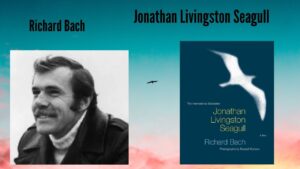
Jonathan Livingston Seagull by Richard Bach
Author: Richard Bach
Publication: Harpercollins
Pages: 96
Price: Click the link
Introduction:
Jonathan Livingston Seagull is a wonderful motivational book written by American writer Richard Bach.
Richard David Bach (born in 1936) is a widely known and best seller author. His novels are philosophical and spiritual in their treatment of the themes. As he served as a pilot under several companies of airlines in his novels the mention of aviation reappeared even through symbolic ways. Jonathan Livingston Seagull is the author himself in his quest in the blue canvas of the sky.
His other notable works are:
-
Stranger to the Ground
-
Nothing by Chance
-
A Gift of Wings
-
There’s No Such Place As Far Away
-
Life With My Guardian Ange
Along with the fluid narration of David Bach, Russell Munson’s illustrations gives the book, Jonathan Livingston Seagull a wonderful touch.
Summary of the Book:
Part-1
‘It was morning, and the new sun sparkled gold across the ripples of a gentle sea’ – the very opening transcends us to a new sunny morning with hope and determination
The protagonist is Jonathan Livingston Seagull who aspires for learning the new and tough techniques of flight.
“Most gulls don’t bother to learn more than the simplest facts of flight—how to get from shore to food and back again. For most gulls, it is not flying that matters, but eating. For this gull, though, it was not eating that mattered, but flight. More than anything else, Jonathan Livingston Seagull loved to fly.”
This propels the character and identity of Jonathan Seagull who is distinct and distinguished from others in his way of life.
He is not like the other members of his folk. He is trying hard to fly down the water to the dismay of his parents.
“Even his parents were dismayed as Jonathan spent whole days alone, making hundreds of low-level glides, experimenting.”
They grumble of his being only skin and feather though he does not mind it.
“Why, Jon, why?” his mother asked. “Why is it so hard to be like the rest of the flock, Jon? “
They felt concerned and worried.
“Why can’t you leave low flying to the pelicans, the albatross? Why don’t you eat? Son, you’re bone and feathers!”
But he just wanted to know what he could do or not.
“I don’t mind being bone and feathers, mom. I just want to know what I can do in the air and what I can’t, that’s all. I just want to know.”
‘Hungry, happy, learning’…the seagull is the representative of the Renaissance, in his search of a meaning, meaning to live not just to ‘scrabble after fish head’ but ‘to learn, to discover, to be free!’
When his father advised him to learn about catching fishes as the winter was approaching and there would be very few fishes on the surface level of water he obediently tried to follow his guidance.
Like other seagulls he “tried to behave like the other gulls; he really tried, screeching and fighting with the flock around the piers and fishing boats, diving on scraps of fish and bread. But he couldn’t make it work.”
It was all pointless to him.
But the conventional, orthodox society paid no heed to his urge to invent something new, they just chastised at his impudence to speak against the flow and solemnly closed their ears and turned their backs upon him – ‘ they refused to open their eyes and see.’ He was outcasted. The Council Gathering ordered him “Jonathan Livingston Seagull,” said the Elder, “Stand to Center for Shame in the sight of your fellow gulls!”
He was the martyr of the Renaissance. He was punished
“. . . for his reckless irresponsibility,” the solemn voice intoned, “violating the dignity and tradition of the Gull Family . . .”
“It felt like being hit with a board. His knees went weak, his feathers sagged, there was roaring in his ears. Centred for shame? Impossible! The Breakthrough! They can’t understand! They’re wrong, they’re wrong!”
He was banished from his society. For the Council, the purpose and responsibility of a seagull’s life are to search for food not to soar high. But Jonathan breaks the law. Even he dares to talk back to the Council Folk.
“Jonathan’s voice raised. “Irresponsibility? My brothers!” he cried. “Who is more responsible than a gull who finds and follows a meaning, a higher purpose for life? For a thousand years we have scrabbled after fish heads, but now we have a reason to live—to learn, to discover, to be free! Give me one chance, let me show you what I’ve found . . .”
But they didn’t pay heed.
Jonathan was not ready to give up though he had to pay the price of his aspiration. He was dauntless in his flight. He wished to uplift his folk out of their convenience zone. For him, a life lived with this search and aspiration to fly high in the sky with the whirling air was worth living in comparison to the lives living in placid forbearance with the common thread of existence.
He “discovered that boredom and fear and anger are the reasons that a gull’s life is so short, and with these gone from his thought, he lived a long fine life indeed.”
He focused on learning more each day. He practised catching the fishes “that schooled ten feet below the surface of the ocean.” He hated the dependence of the gull community on fishing boats and stale bread for survival. Sometimes he felt hopeless as he failed and crashed. Sleeping in the air was more challenging to him than scurrying for food.
But sometimes he felt doubtful about his power and limitations.
“As he sank low in the water, a strange hollow voice sounded within him. There’s no way around it. I am a seagull. I am limited by my nature.”
The voice within him faded as Jonathan agreed on this point. He vowed that he would be a normal gull as it would make everyone happy.
He felt relieved at the thought…at his submission to his fate. No more tension, no more challenge, no more struggling with that indomitable force that haunted him to strive hard.
But this subjugation to fate lasted for a few seconds and he blinked at the darkness surrounding him. His shroud of comfort fell and his determination came back to him with new hope.
“That’s the answer! What a fool I’ve been! All I need is a tiny little wing, all I need is to fold most of my wings and fly on just the tips alone! “
If a falcon can fly with his short wings why a gull can not soar high!
So he started learning his skills again.
“He discovered the loop, the slow roll, the point roll, the inverted spin, the gull bunt, the pinwheel.”
Every skill he practised again and again till he reached the level of satisfaction.
Part-2
Then he met two young gulls. The young gulls entreated him to soar high and then part two begins. They took him to a lofty height. It was not heaven but a better world that one can attain through perfect knowledge. There he met another gull, Sullivan and an older wise one, Chiang. He realises that in his pursuit he is not alone. That wise gull taught him flying and provided him life lessons.
“Forget about faith!” Chiang said it time and again. “You didn’t need faith to fly, you needed to understand flying. This is just the same. Now try again . . .”
according to Chiang the trick of a successful flier like Jonathan was to stop seeing himself as trapped inside a limited body that had a forty-two-inch wingspan and performance that could be plotted on a chart. The real secret of success lies in the belief in eternal power and limitless possibility. Chiang taught him to keep control over himself and to ” keep working on love.”
Only by forgiving others who treated him badly, he can progress, everyone can progress
Jonathan decided to return to Earth to his flock and taught them what he had learned.
Part-3
He again returned to Earth, to his folk. Though he was welcomed with a cold hostile reception he continued his teaching to the interested folks. He gathered around himself other folks who were the outcasted. He started teaching them the techniques of flight. He trained them to think freely and conquer their physical limitations. Gradually he got many students. Fletcher Lynd Seagull, another excommunicated seagull was his best student. Finally, Jonathan left the troop to teach other folks. He gave the responsibility to Fletcher who shared the same dream as him. Though his community did injustice to him Jonathan advised Fletcher not to retain the grievance against them. What he learnt from Chiang, that only in forgiveness lies the strength, he taught Fletcher.
“In casting you out, the other gulls have only hurt themselves, and one day they will know this, and one day they will see what you see. Forgive them, and help them to understand.”
Part-4
Part-4 starts after several years. Jonathan’s success gradually became a source of inspiration to the young gulls. They started learning the tricks and techniques of soaring above the sky. They revered Jonathan as their idol. Other gulls joined in the solemn practice and regard the flight as their vocation to life. They started worshipping Jonathan and his followers.
After Fletcher died all the gulls stop flying and devout themselves in the rituals of worshipping Jonathan. However few seagulls rejected the idea of rituals and concentrated on Jonathan’s teaching. Among them, one was Anthony who re-established Jonathan’s treats. He echoed Jonathan’s voice,
“Better not to exist at all than to exist like a seaweed, without meaning or joy.”
One day while flying high in the sky he encountered an exquisitely glorious flier. He was none but Jonathan himself. Anthony was mesmerized by his glowing presence in the air. Anthony felt jubilant when he wished to teach Anthony.
Anthony and Jonathan flying together
Jonathan a Renaissance figure:
A human society with its blind orthodox attitude always humiliated and punished those who wanted to light the lamp of knowledge, for ages, Galileo, Bruno, or whoever, in whichever country.
He discovered the three fatal flaws of life – boredom, fear, anger. But his aspiration to know the ultimate redemption, his search for heaven led him to that throne from where he could create many Jonathan Livingston Seagulls who could lead the folk.
“Instead of our drab slogging forth and back to the fishing boats, there’s a reason to life! We can lift ourselves out of ignorance, we can find ourselves as creatures of excellence and intelligence and skill. We can be free! We can learn to fly!”
The Christ figure:
Jonathan is the Christ figure. He was berated, punished. But his strength and glory prevailed throughout the story. His greatness took the form of radiance and light. That’s why in the end when Anthony first met him he got mesmerized.
“The other bird was a white streak blazing down, a blurred meteor from space.”
He appears as a divine figure. Like Christ, he spread the message of forgiveness
Themes:
-
Conflict between progressive society and orthodox tradition.
Whereas Jonathan represented the progressive spirit, his community stood for tradition that prevents innovative ideas to work on.
Jonathan wanted to break the boundaries and invent new rules but the community tried to establish orthodox philosophies.
-
Blind fanaticism
The community outcasted the new ideas of Jonathan as they shared a single belief and celebrated tradition and decried individualism.
-
Individual freedom:
Jonathan found freedom in flight. He learnt to free his soul and taught his disciples the same ideology of freedom crossing all the boundaries of orthodox fetters. He explored his limitations and found his glory.
He didn’t get subjugated to the collective worldview of his community.
-
Forgiveness is freedom:
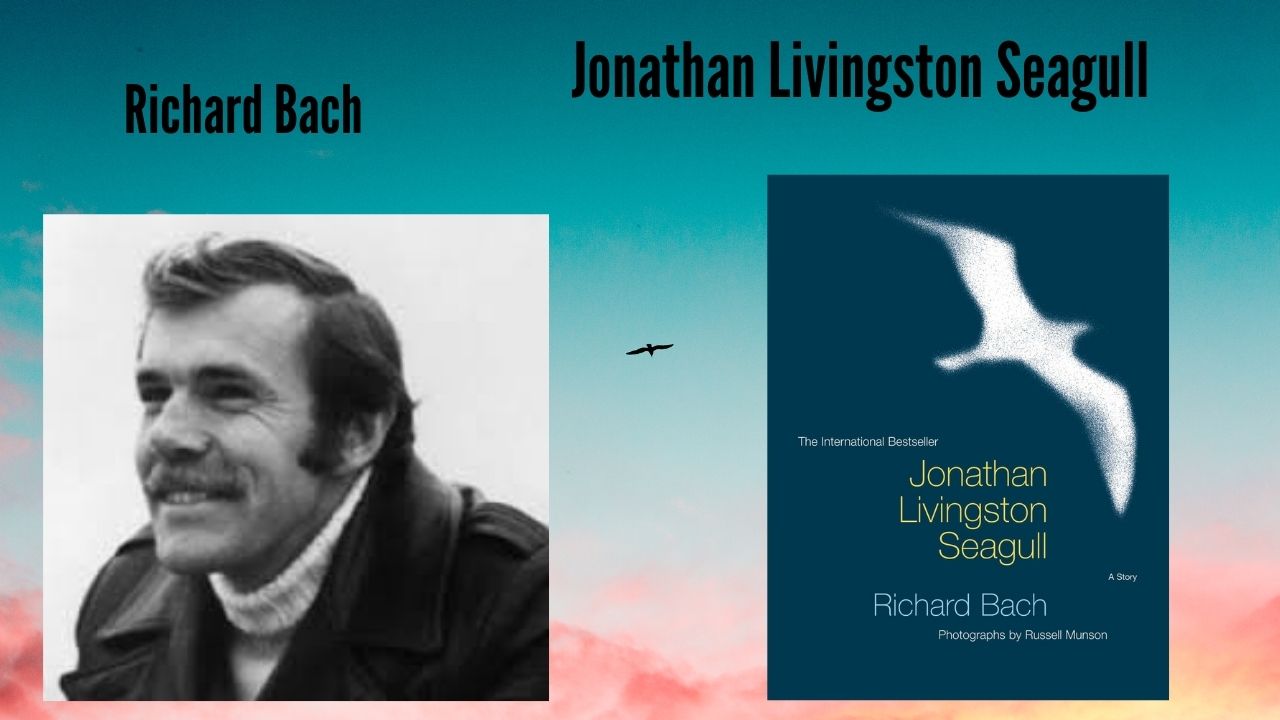





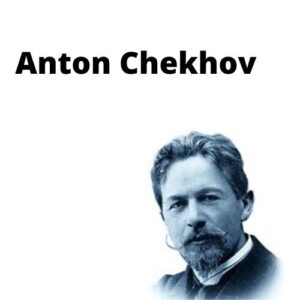

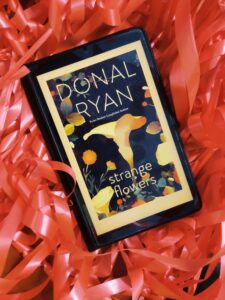

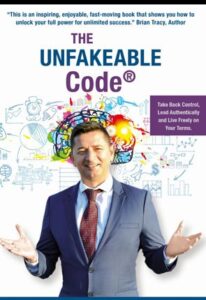
Pingback: You Can Heal Your Life by Louise Hay Book Review - Blog Alvina
Thank you for your sharing. I am worried that I lack creative ideas. It is your article that makes me full of hope. Thank you. But, I have a question, can you help me?
Yes…